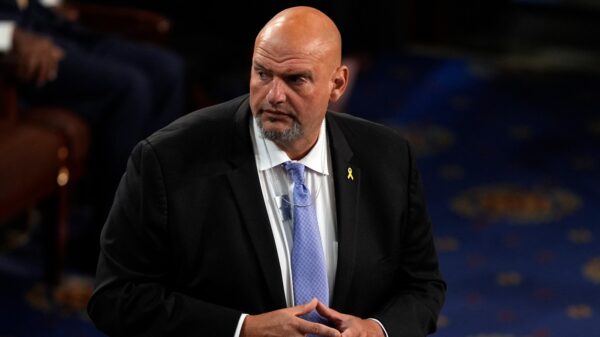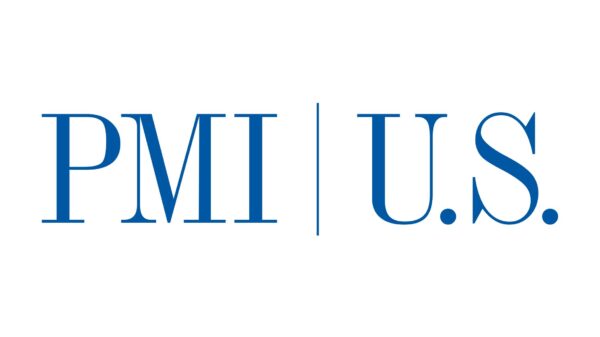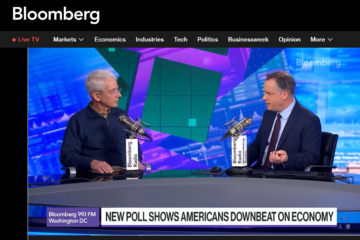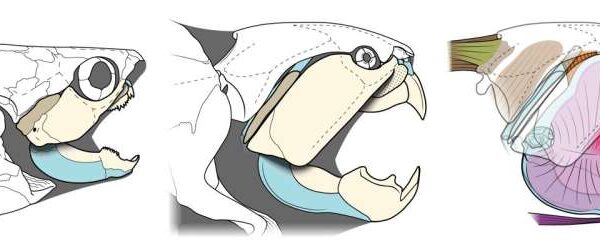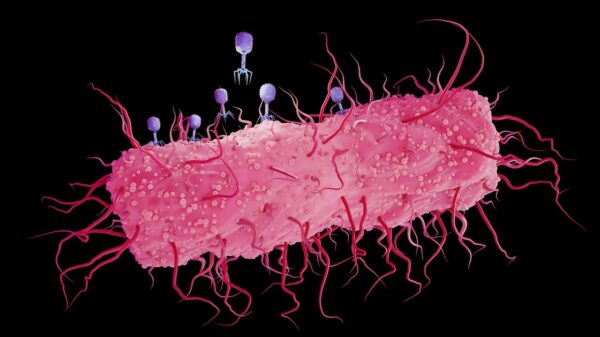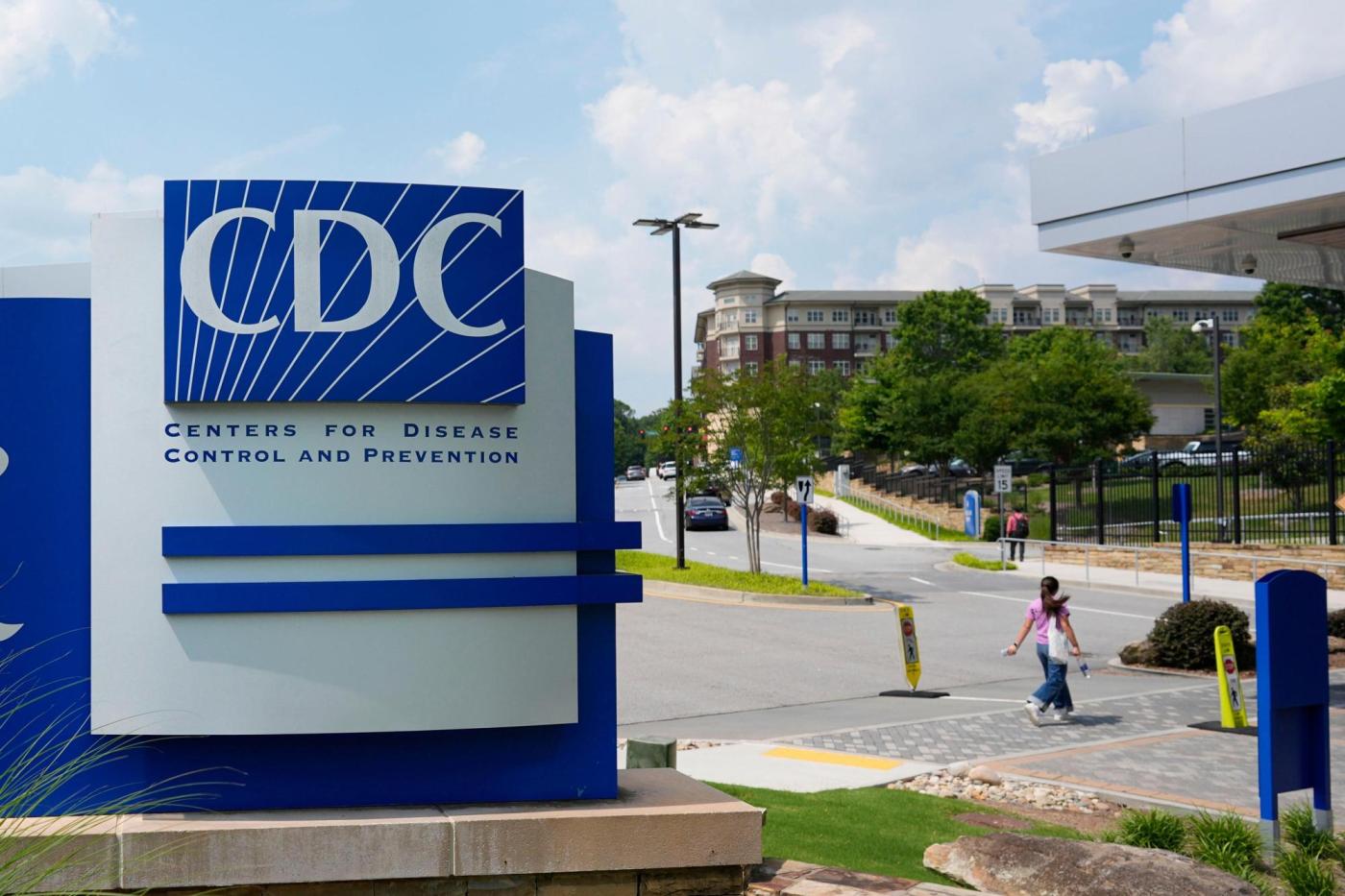The Centers for Disease Control and Prevention (CDC) has recently updated its vaccine safety page, stating that the assertion “vaccines do not cause autism” is no longer classified as an evidence-based claim. This revision, made on September 27, 2023, has ignited significant debate within the medical and scientific communities.
The updated language on the CDC’s website indicates that while vaccines are widely regarded as safe, the organization cannot completely rule out the possibility that infant vaccines may contribute to autism. Health and Human Services (HHS) spokesperson Andrew Nixon explained that the change aims to reflect “gold standard, evidence-based science.”
Response from the Autism Community and Officials
The Autism Science Foundation expressed strong disapproval of the CDC’s updated stance. In a statement, the foundation described the changes as “filled with anti-vaccine rhetoric and outright lies about vaccines and autism.” The foundation’s representatives voiced concerns that the revision could mislead the public and undermine confidence in vaccines.
In addition to the CDC’s update, the HHS has initiated a comprehensive assessment of autism, focusing on potential biological mechanisms and causal links. This initiative follows the announcement by HHS Secretary Robert F. Kennedy Jr. in April, where he committed to investigating autism and its potential causes. Kennedy, known for his skepticism towards vaccines, has previously linked certain vaccines to autism.
During a televised White House Cabinet meeting earlier this year, Kennedy stated, “We’ve launched a massive testing and research effort that’s going to involve hundreds of scientists from around the world. By September, we will know what has caused the autism epidemic, and we will be able to eliminate those exposures.”
Political Implications and Public Health Concerns
The recent changes and the broader investigation into autism come at a time when public health officials are striving to combat misinformation surrounding vaccines. Former President Donald Trump has also weighed in on the topic, advising pregnant women to avoid certain medications, including Tylenol, due to potential links to autism.
The CDC’s revision has highlighted the ongoing tension between vaccine advocacy and public skepticism. As researchers and health officials seek to navigate these complex discussions, the implications of the CDC’s updated language remain to be seen. The agency continues to emphasize the importance of vaccines in preventing infectious diseases, even as it re-examines its statements regarding their relationship with autism.
This situation underscores the critical need for transparent communication and evidence-based information as debates surrounding vaccine safety and public health evolve.








